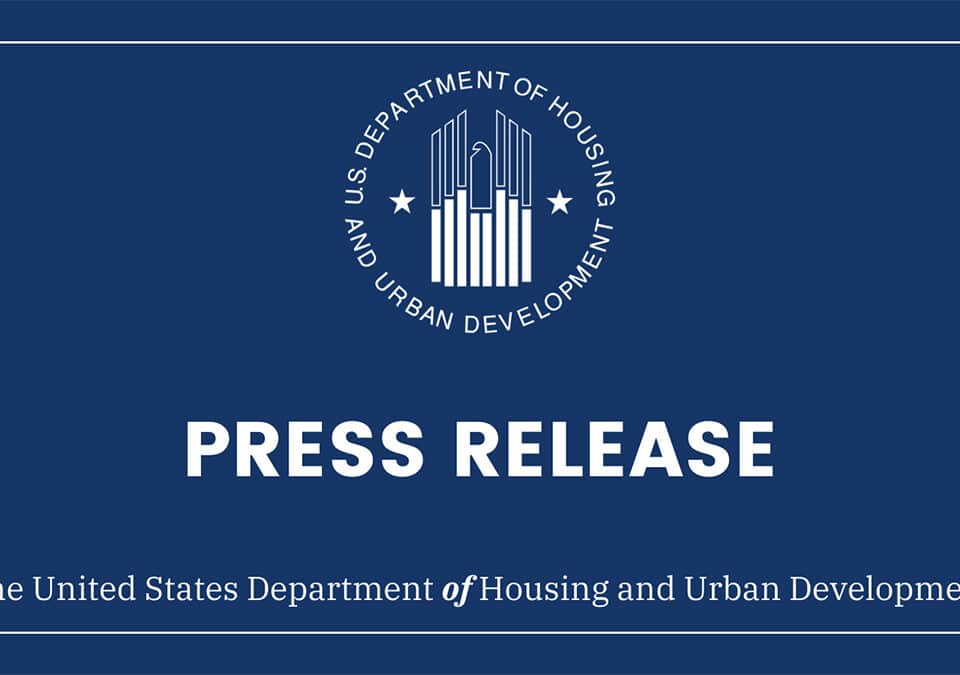
Housing News: 3rd Week of March
March 22, 2025
University-Community Partnerships: Current Practices Volume II
April 9, 2025The final week of March featured a mix of forward-thinking policy proposals and innovative housing technologies across the United States. As communities explore new ways to make housing more accessible—from supporting first responders to transforming construction practices—these stories highlight the diverse approaches being taken to address the nation’s housing crisis.
1. Suffolk County Proposes Affordable Housing for Volunteer Firefighters and EMS Personnel
Lawmakers in Suffolk County, New York, introduced a bill requiring developers who benefit from workforce housing subsidies to set aside 10% of their affordable housing units—or a minimum of five units—for volunteer firefighters and EMS workers.
The goal is to ensure these essential public servants can afford to live in the communities they serve. While the proposal has earned praise from fire departments and EMS organizations, some concerns have been raised about what would happen if volunteers leave their roles and those units sit vacant.
More on New York Post
2. Pawnee City, Nebraska, Offers $50,000 to Attract New Residents
To help revitalize its local economy, Pawnee City, Nebraska, has announced a bold new incentive program: $50,000 in down payment assistance for new residents who purchase newly built homes. The initiative is part of the city’s Vision 2030 plan to attract families and reverse population decline.
With home prices projected around $325,000, the plan aims to build 25 houses and offer modern amenities like an amphitheater and expanded recreational facilities. Already, the city has received over 50 applications for just the first two homes.
More on New York Post
3. Innovative Construction Methods Offer New Hope for Affordable Housing
Across the U.S., builders and housing advocates are turning to alternative construction methods—like factory-built modular homes, 3D-printed houses, and hemp-based building materials—to meet the demand for more affordable housing.
Companies like Fading West in Colorado are leading the charge with modular homes that are faster and cheaper to produce than traditional builds. While these solutions hold promise, scaling them nationally will require navigating zoning laws and shifting industry norms.
More on AP News
Stay with us for more affordable housing updates next week as we continue tracking policy shifts, local initiatives, and industry trends across the country.


